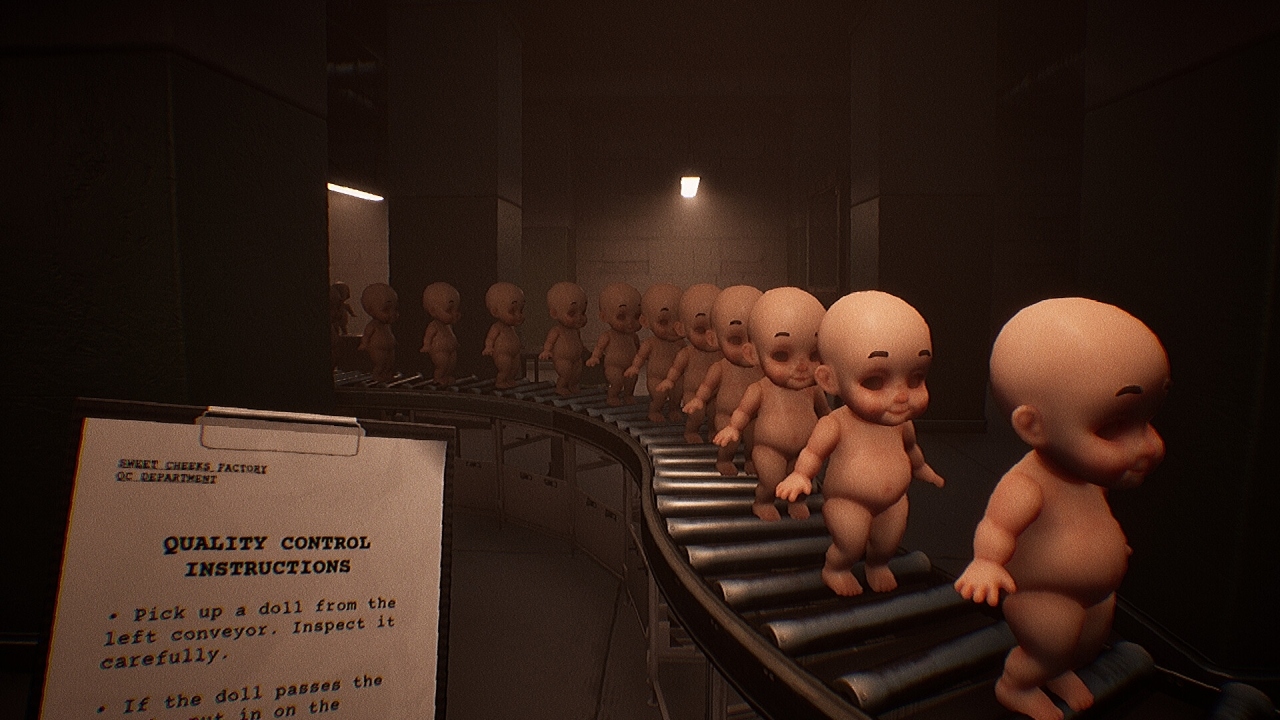Rocket Knight Adventures: Re-Sparked Review – Review

I’m sure some of you will dig this retro compilation.
Rocket Knight Adventures is a 1993 mascot platformer for the Sega Genesis. Even if you, like me, played these games thirty years ago, your memories are doubtlessly clouded by the biological entropy that comes for us all. And if you, like me, watched the trailer for this compilation and felt a spark in your memory, you should be warned that they are very hard. While some small percentage of you may thirst for the three games included in Rocket Knight Adventures: Re-Sparked, I’m afraid I was not among them, and I found the series–charming though it might be–simplistic, punitively difficult, and not particularly fun. On the other hand, there’s a pretty impressive “Museum” collection of images, instruction booklets, and a music player that I found very interesting–and I’m sure fans will enjoy it even more than I did.

These games star an armor-wearing opossum named Sparkster who can throw energy boomerangs and use a rocket jetpack. In the original game, Rocket Knight Adventures, Sparkster can really only do three things: jump, attack, and charge up his rocket to blast in eight directions, ricocheting off walls if he’s able. On Normal difficulty, the game is nearly impossible to get through without the saving grace of a Rewind button (ZR), but even with it, RKA is a painful slog, filled with punishing bosses, which are the focus, and underwhelming level design that often sidelines Sparkster’s whole rocket boosting deal, though there are some highlights: in one stage, you’re basically playing Gradius, and in one memorable section near the end, you’re engaging Sparkster’s rival, Axel Gear, in a (overly simplistic) mech battle.

Sparkster, the SNES game and a sequel of sorts, is largely the same but features completely different (and better) graphics and character designs. The levels here remind me of Sonic in their size and multi-directional paths, capitalizing on our hero’s jetpack, but the screen is so small that it’s almost impossible to know where he’ll end up. It’s a bit easier than its Genesis predecessor and features a lot of bosses made out of independently-moving “pieces,” which is fun. Like its predecessor, Sparkster features some interesting level-based change-ups, like an area where Sparkster rides a series of super fast mechanized ostriches.

Finally, Sparkster: Rocket Knight Adventures 2, which was only released in Japan and Europe, apparently, is back on the Genesis and is probably the best of the three games, although it changes things up considerably. Our boy can no longer fire energy beams from his sword, so it’s all melee combat all the time, and his rocket charges automatically–you just need to press a different button to activate it. It also has two levels of power, the second of which causes Sparkster to drill forward, which is important for some environmental puzzles and boss fights. There’s a lot more focus on rocket-boosting for offense, turning Sparkster into his own projectile attack, and rocketing around levels to find all possible paths to the pickups, including swords which, if all are collected, give Sparkster a Super Sonic-like boost during the endgame. My biggest problem with RKA2 is that the levels are all far too long and maze-like. That said, I do enjoy the fact that most problems can be solved by smashing into them.
This package does not include the Xbox 360 sequel Rocket Knight, which makes me sad. If you’re going to make a Rocket Knight Adventures compilation, why leave out one of the games? From the video I watched, it might be the most playable one. I’m sure it was a licensing issue, or maybe Rocket Knight wouldn’t be compatible with whatever engine Limited Run was using to port the first three games.
The Rewind button was my best friend in all of these titles, and I don’t think highly of retro games that nearly require such a feature to get through, mainly because my patience for them has eroded (severely) over time, but also because there are other, less frustrating, games I could be playing. Re-Sparked does include an impressive collection of concept art, design documents, scans of the boxes, a nice series of production videos for documenting the making of this collection’s very nice opening animation. There’s also a music player, although I can’t say I was that impressed with the music in these games.
It’s probably not fair to say that the Rocket Knight Adventures games are bad, because when they were originally released (1993 & 1994) they were probably very good, and in fact while doing research on the series, I was surprised to find they were reviewed quite favorably. This was, of course, during a time when degree of difficulty was a positive thing. I don’t think they hold up particularly well, but perhaps I should be grateful that they’re being preserved somehow, a window into the 16-bit era that I grew up with, but have mostly left behind. I suppose if you’ve been itching to revisit Sparkster’s adventures, this is the best way to do it.




